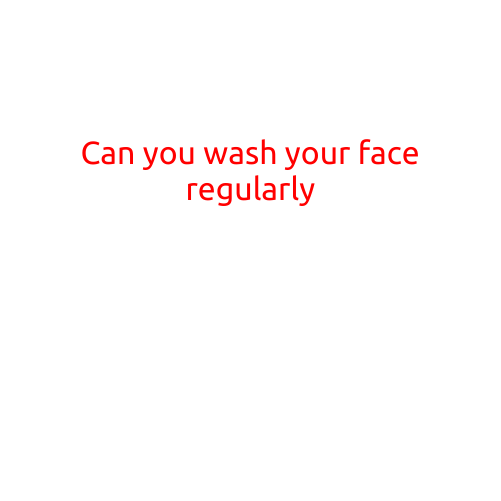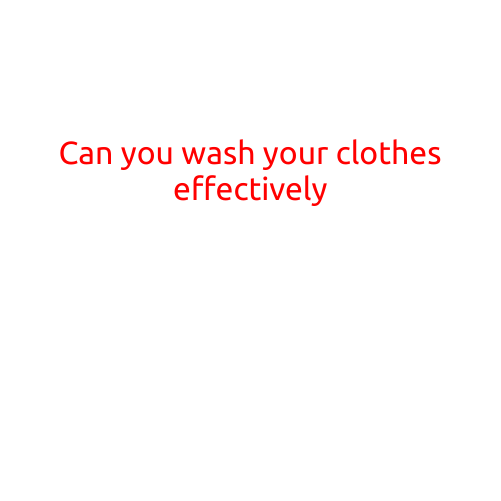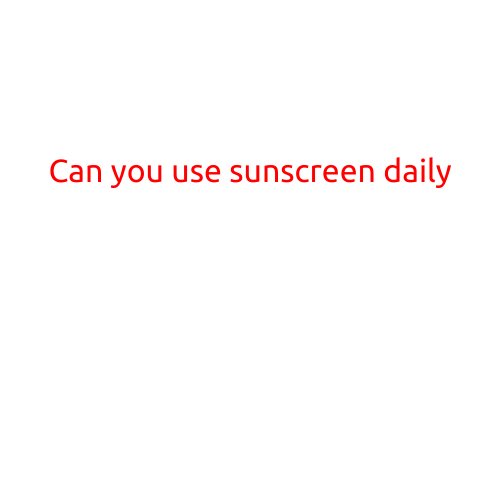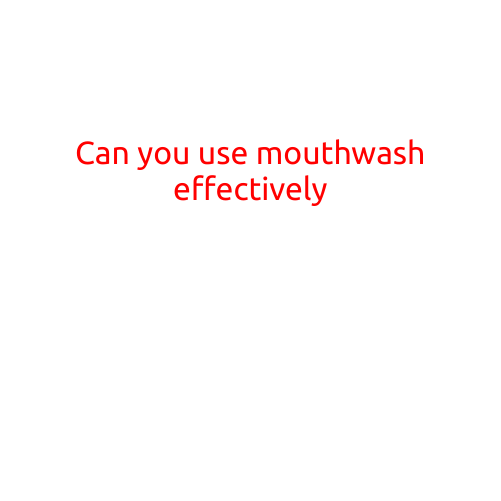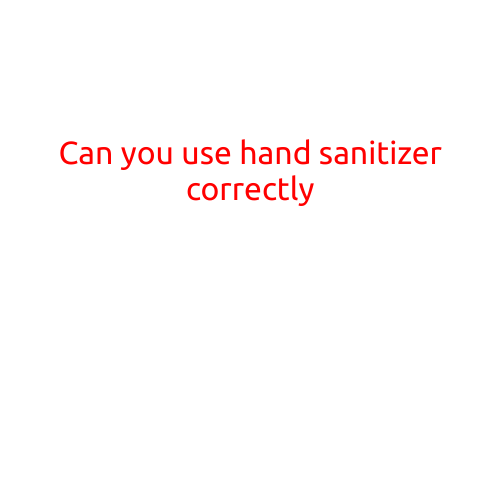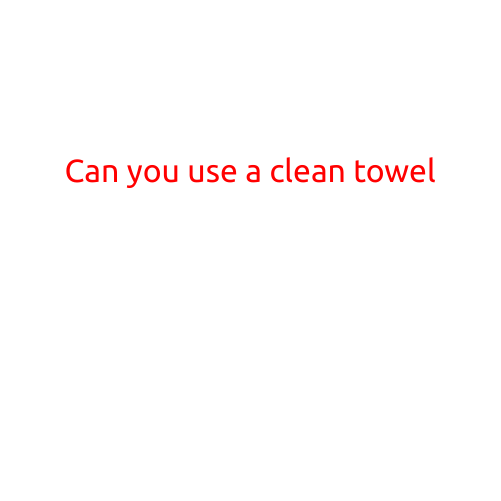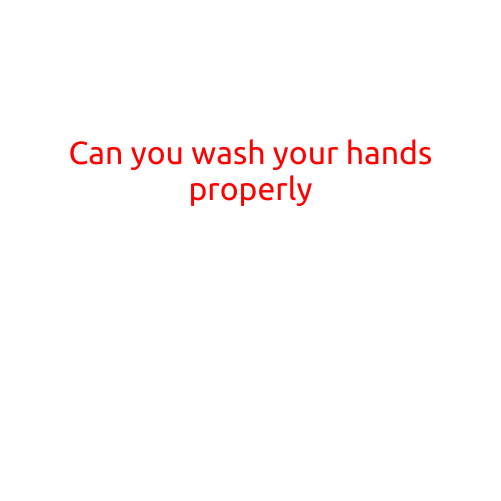
Can You Wash Your Hands Properly?
Proper hand washing is one of the simplest and most effective ways to prevent the spread of illnesses and infections. With so many germs and bacteria present in our daily environment, it’s crucial to know how to wash your hands correctly to keep yourself and others healthy.
The Importance of Hand Washing
Hand washing is essential for:
- Preventing Illness: Washing your hands regularly can prevent the spread of illnesses like the common cold, flu, and diarrhea.
- Reducing Infections: Hand washing can reduce the risk of infections, such as skin infections, conjunctivitis, and respiratory infections.
- Protecting Others: When you wash your hands properly, you prevent the spread of germs to others, especially to vulnerable individuals like the elderly, young children, and those with compromised immune systems.
How to Wash Your Hands Properly
Washing your hands properly is a simple process that requires attention to detail. Follow these steps:
- Wet Your Hands: Wet your hands under warm running water.
- Apply Soap: Apply enough soap to cover your hands, making sure to include the backs of your hands, wrists, and between your fingers.
- Lather and Scrub: Rub your hands together to create a lather, making sure to scrub:
- Palms
- Backs
- Fingers
- Wrists
- Between fingers
- Under nails
- Scrub for 20 Seconds: Continue scrubbing for at least 20 seconds, which is the time it takes to sing “Happy Birthday” twice.
- Rinse Thoroughly: Rinse your hands thoroughly with warm running water, making sure to remove all soap residue.
- Dry Completely: Dry your hands completely with a clean towel or air dryer.
Additional Tips for Proper Hand Washing
- Use the Right Soap: Use a mild soap that is gentle on your skin, as harsh soap can strip away natural oils and cause dryness.
- Avoid Over-Washing: Washing your hands too frequently can strip away natural oils, causing dryness and irritation.
- Use Hand Sanitizer: When soap and water are not available, use a hand sanitizer that contains at least 60% alcohol.
- Wash Hands Frequently: Wash your hands:
- Before preparing food
- After using the bathroom
- After blowing your nose, coughing, or sneezing
- After touching animals or their waste
- After touching garbage or anything that may contain germs
Conclusion
Proper hand washing is a simple yet effective way to prevent the spread of illnesses and infections. By following the steps outlined above and taking extra precautions, you can ensure that you’re washing your hands correctly and keeping yourself and others healthy. Remember, clean hands are happy hands!
